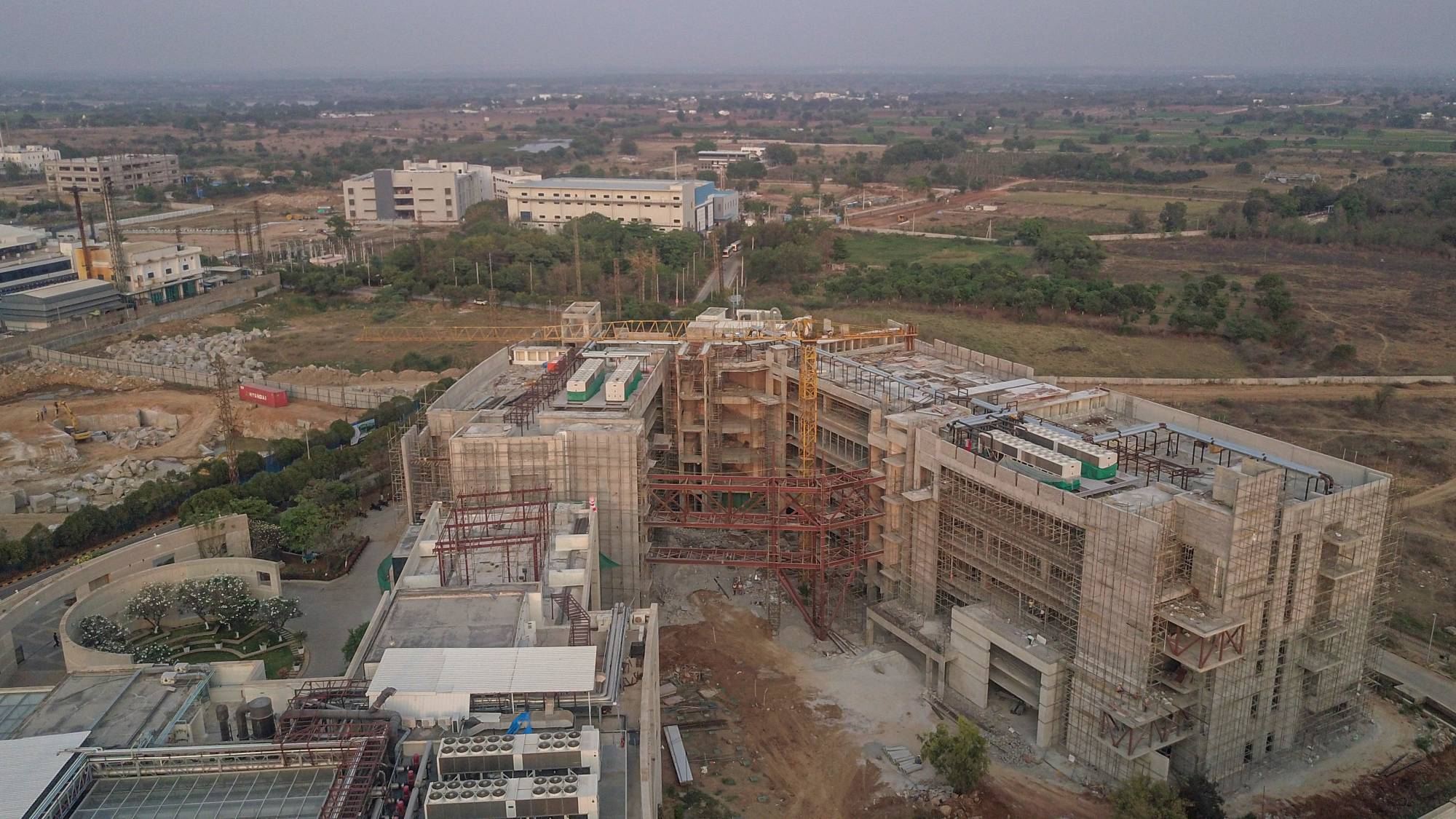On the edge of Hyderabad in southern India, a vast patch of arid shrubland the size of about 14,000 football fields is becoming a testing ground for a model that could help wean the world off its dependence on Chinese drug ingredients.
This empty site of the Hyderabad Pharma City, marked out by scuffed sign posts and a rubble-strewn access road is expected to attract about $8.4 billion and employ 560,000 people in hundreds of sprawling plants. Within two years once land is allotted, officials say, it will be rolling out vital raw ingredients for medicines like penicillin, ibuprofen and antimalarials that make their way around the world.
At the heart of the endeavor is India’s race to wrest control from China, which supplies almost 70% of the active pharmaceutical ingredients — or the bread-and-butter chemicals — that go into the medicines produced by the Indian pharmaceutical industry. It’s a vast project that shows how governments are growing increasingly concerned about China’s stranglehold over drug supplies — as well as the challenges they face in loosening it.



